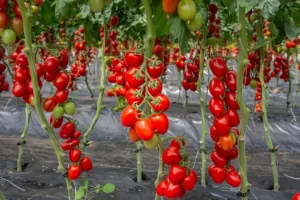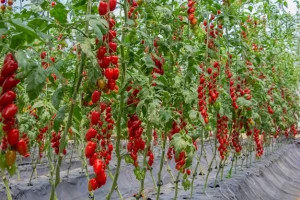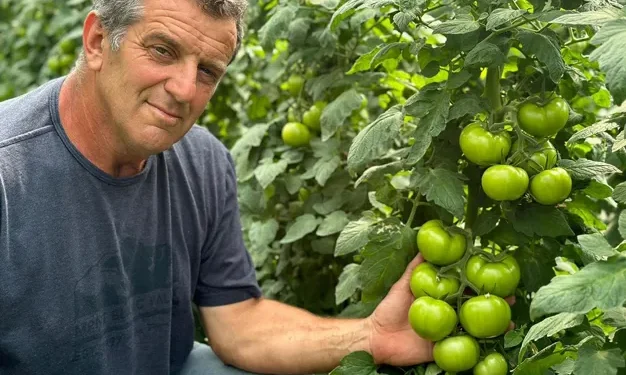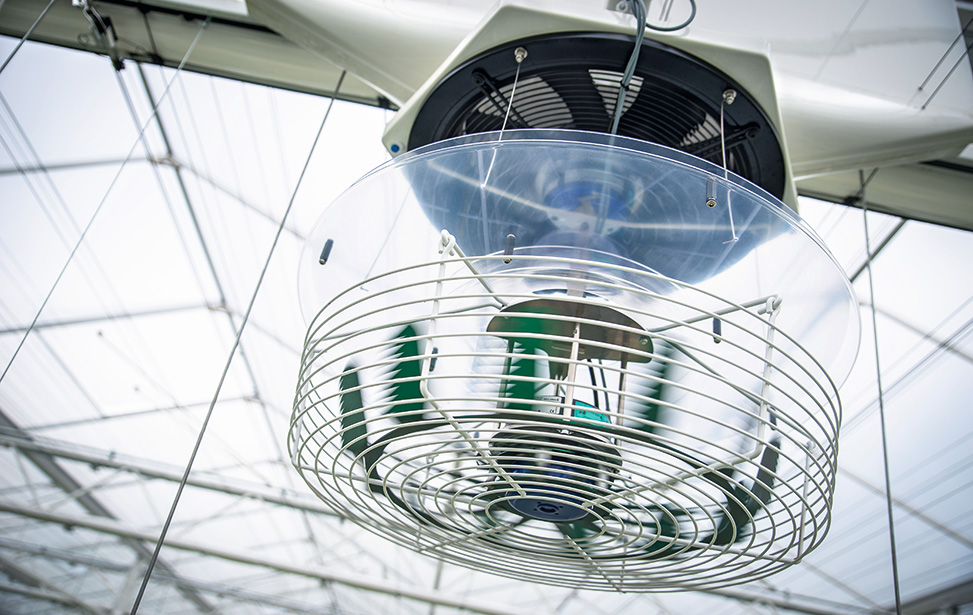Italian tomato producers are facing a critical juncture as prices plummet, leaving them underpaid and undervalued in the market. Vincenzo Maorino, owner of Gi.Ma.Fra in Fondi (LT), and a member of the board of OP Copla, highlights the pressing need for collective action to address this issue. The drop in production prices, currently at an alarming -45% compared to 2023, has exacerbated the challenges faced by tomato growers across the country.
“The main problem for us producers is that we are objectively underpaid,” Maorino asserts. “Without even considering the fact that most of us are not paid for our actual working hours, ours is one of the few sectors where those who grow and harvest have no say on the prices and have no bargaining power.”

The situation is further exacerbated by the threat of overproduction and the influx of cheaper imports from third countries, forcing local producers to accept lower prices or risk losing their entire yield. In response to these challenges, Maorino advocates for a multi-faceted approach involving both institutional support and grassroots initiatives within the agricultural community.
“In addition to the institutions, which could work on a minimum price and tax reductions, us producers can do a lot,” he suggests. “I firmly believe in cooperation, in the ability of working together as a network towards a common objective.”
Maorino proposes various forms of aggregation among producers to share expenses and establish small processing centers near markets, reducing reliance on third-party distributors and enabling better control over pricing and quality. Furthermore, he emphasizes the importance of strategic partnerships with companies like Harmoniz, which are pioneering efforts to develop resilient tomato varieties tailored to the local climate and market demands.

“Larger partnerships could generate continuous supplies throughout the year and guarantee constant quality,” Maorino notes. “I appreciate in particular the work carried out by seed company Harmoniz, which is trying to establish synergies between producers and distributors while working with us producers to develop hybrids that boast sturdier plants, complete genetic resistances, higher adaptability to the weather and a reduced water requirement.”
Reflecting on his own experience, Maorino highlights the benefits of strategic production planning and collaboration with innovative seed companies like Harmoniz. By specializing in key segments and adopting resilient varieties like Carreras F1, Maorino’s farm has been able to mitigate market volatility and maintain a consistent presence throughout the year.

“Carreras is a ‘war machine’,” he affirms. “I believe Carreras has all it takes to become a reference variety in the center-south of the country as well.”
Looking ahead, Maorino expresses optimism about the potential of new tomato varieties introduced by Harmoniz, though he emphasizes the importance of thorough testing and evaluation before widespread adoption. To facilitate knowledge sharing and collaboration, he announces an upcoming Harmoniz Open Day at his company, where local technicians and producers can assess the performance of these new varieties firsthand.
In conclusion, Maorino’s insights underscore the urgent need for systemic change in the Italian tomato industry. By fostering collaboration, innovation, and strategic planning, producers can overcome the challenges of underpayment and overproduction, paving the way for a more sustainable and prosperous future.












